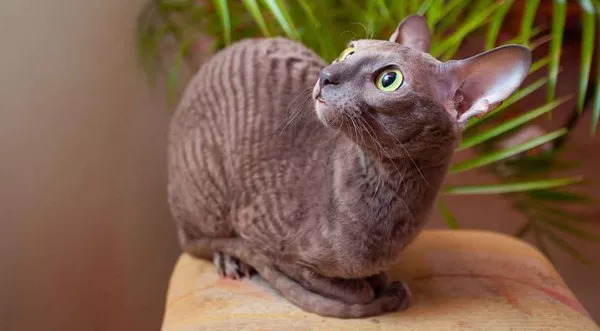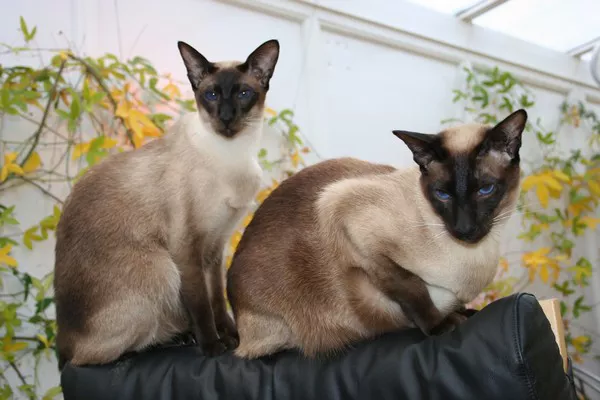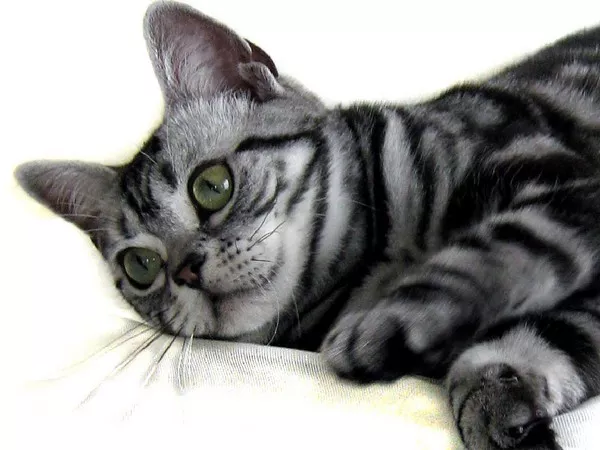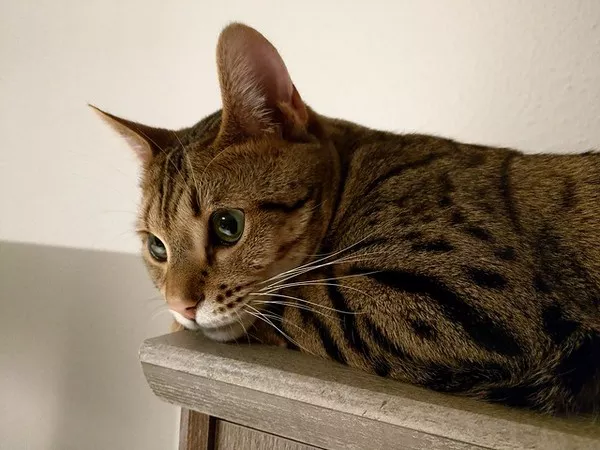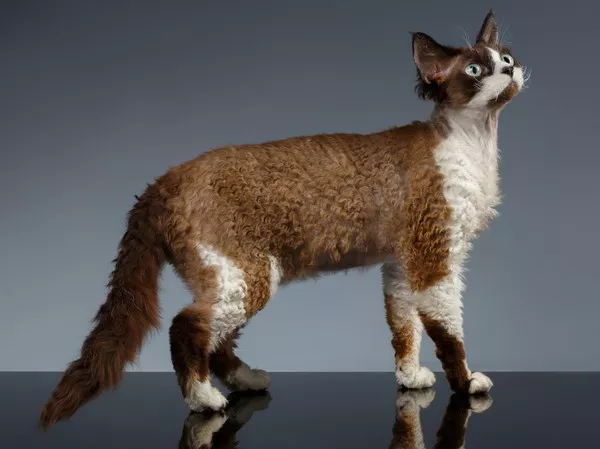When it comes to choosing a cat breed as a companion, various factors come into play, including appearance, temperament, and lifespan. One breed that often captures the attention of feline enthusiasts is the Cornish Rex. Known for its unique curly fur and playful personality, the Cornish Rex has gained popularity among pet owners around the world. In this article, we will delve into the topic of the average lifespan of a Cornish Rex and explore the factors that can influence their longevity.
Understanding the Cornish Rex Breed:
The Cornish Rex is a distinctive breed characterized by its wavy or curly coat, large ears, and slender body. Originating from Cornwall, England, in the 1950s, the breed’s unique genetic mutation gives it an unusual coat texture, making it stand out from other domestic cats. The Cornish Rex is an active, social, and intelligent breed that thrives on human interaction. Their affectionate nature and high energy levels make them excellent companions for individuals and families alike.
Average Lifespan of a Cornish Rex:
On average, a well-cared-for Cornish Rex can live between 12 and 16 years. However, it’s important to note that individual lifespans can vary due to factors such as genetics, environment, and overall health management. Some cats may live shorter lives due to unforeseen circumstances or underlying health conditions, while others may surpass the average lifespan with proper care and a healthy lifestyle.
Factors Influencing Lifespan:
While genetics plays a significant role in determining a cat’s lifespan, several other factors can impact the average longevity of a Cornish Rex. Let’s explore these factors in detail:
1. Genetics and Breeding Practices:
Genetics is a vital factor in determining how long a Cornish Rex may live. Reputable breeders pay close attention to the health and genetic background of their breeding cats, aiming to produce healthy kittens with a longer lifespan. By selecting cats with a history of good health and longevity, breeders can reduce the risk of genetic disorders and hereditary diseases that may affect the lifespan of the breed.
2. Diet and Nutrition:
Proper nutrition is crucial for the overall health and well-being of any cat, including the Cornish Rex. Feeding a balanced diet that meets the specific nutritional requirements of the breed is essential in promoting longevity. High-quality cat food, supplemented with vitamins and minerals, helps maintain optimal organ function and supports the immune system, reducing the likelihood of developing age-related health issues.
3. Veterinary Care and Preventive Measures:
Regular veterinary check-ups are vital for monitoring a Cornish Rex’s health and detecting any potential problems early on. Vaccinations, parasite control, dental care, and routine examinations contribute to maintaining the cat’s well-being and increasing its lifespan. Additionally, preventive measures such as spaying or neutering can reduce the risk of certain cancers and reproductive disorders, thereby positively impacting longevity.
4. Environmental Factors:
The environment in which a Cornish Rex lives can also influence its lifespan. Providing a safe and stimulating environment, free from hazards and stressors, is crucial for their overall health and well-being. Indoor living is generally recommended for cats to protect them from accidents, predators, and exposure to infectious diseases. Creating an enriched environment with opportunities for exercise, mental stimulation, and social interaction can help alleviate stress and promote a longer life.
5. Genetic Predispositions:
While the Cornish Rex is generally considered a healthy breed, like all felines, it may be prone to certain genetic predispositions or conditions. These can include hypertrophic cardiomyopathy (a heart condition), patellar luxation (knee joint instability), and renal disease. Regular health screenings, conducted by both breeders and veterinarians, can help identify any potential risks and allow for appropriate management or treatment.
Conclusion:
In conclusion, the Cornish Rex is a unique and captivating breed known for its distinctive curly coat and playful temperament. While genetics undoubtedly play a role in determining a cat’s lifespan, factors such as diet, veterinary care, environmental conditions, and genetic predispositions can significantly impact the average longevity of a Cornish Rex. By providing optimal care, attention to genetic health, and a loving environment, owners can enhance their Cornish Rex’s chances of living a long and healthy life, fostering a strong and enduring bond between pet and companion.

